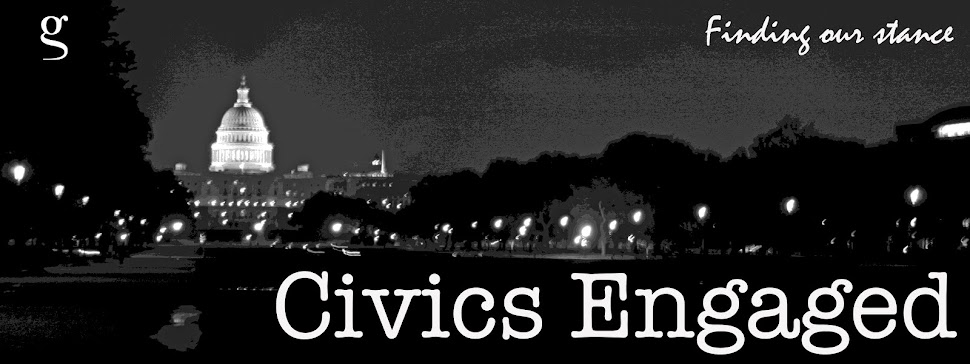Chauvin, accused of using unreasonable force, leading to the death of George Floyd, faces up to forty years in prison if found guilty of second-degree unintentional murder.
Regardless of the demographics of your school community, high school educators across the nation should be preparing for the Chauvin verdict with student’s needs in mind. Waiting for the national reaction of the verdict to start the conversation in classrooms would be a missed learning opportunity.
The temptation to avoid the messy truth laid out in the trial of Derek Chauvin helps explain where we are today.
Teachers need support and advice
The building culture, the norms and guidelines established in classrooms, and the level of support teachers have from colleagues, building administration, and district leadership should always be considered before tackling controversial issues in school. To have a learning environment rich with student voice, teachers should cultivate a safe space for students to ask questions, express fears, and learn from different perspectives.
Teacher Considerations:
- Proactively meet with a building administrator for guidance and to potentially plan your classroom activities together. Consider inviting an administrator to be a part of the lesson.
- Do your research, and have a clear purpose for the lesson(s). Link the lesson to specific standards ahead of time. Explicitly state the reason for addressing the death of George Floyd and the relevance of the trial to student learning. Share the learning goals with students ahead of time.
- Collaborate with colleagues to talk through ideas. Whether it’s tying in art, music, literature, history, or current events - teachers are great resources for finding ways to connect contemporary issues to students’ lives. There are excellent lesson ideas and strategies out there; it doesn’t make sense to go it alone.
- Allow time after any discussion and class activities to debrief and plan the next steps with your students.
- While the political climate may be polarized, students will benefit from a professional who models a caring and empathetic approach to navigating complex topics. A series of reflection activities will encourage students to explore the subject, consider new ideas and participate.
- Consider assigning pre-reading that provides facts, context, and careful treatment of the issue. Allow time for students to interact with facts and to have devoted class time to write and map out their questions before sharing ideas in class.
- Some students have experienced trauma and racism, making it critically important that students feel safe and valued in school. Seek guidance from your SEL or trauma-informed team at your school.
- Be prepared to learn from your students as they learn from one another. Students and adults who model the ability to change their minds in light of new learning provide hope for progress.
Where this fits for today’s high school student
Playing it “safe” and ignoring George Floyd’s death in American high schools is quite dangerous. The temptation to avoid the messy truth laid out in the trial of Derek Chauvin helps explain where we are today. Learning how to share space with unresolved and contentious issues provides a path forward for a healthier democracy.
Regardless of the result of this trial, the United States has a troubled history with race and the justice system. Meeting this moment with honesty is an opportunity to help students recognize the complexity of our challenges as a nation.
Today’s high school seniors were in middle school when Eric Garner died at the hands of police in New York City and when Officer Darren Wilson shot Michael Brown in Ferguson, MO. Since that time, most high school students also saw headlines related to Freddie Gray (Baltimore, 2015), Walter Scott (North Charleston SC, 2015), Philando Castile (Falcon Heights MN, 2016), Breonna Taylor (Louisville, 2016), and more recently George Floyd (Minneapolis, 2020), Daunte Wright (Brooklyn Center MN, 2021), and Adam Toledo (Chicago, 2021).
Students and educators are allies. Honesty about how we got here encourages students to grasp a more complete story of America. Informed citizens who can both admire and admonish the United States strengthens our democracy.

